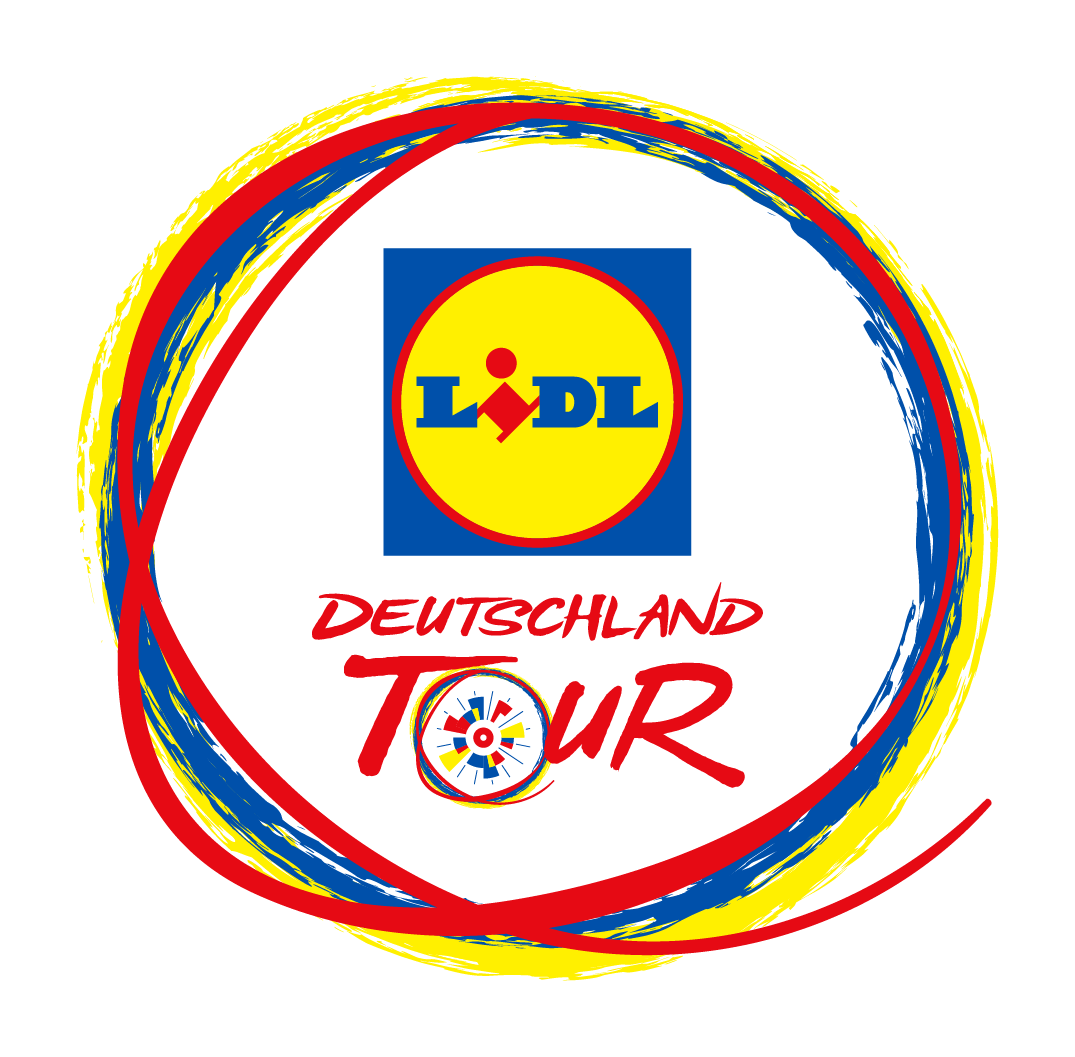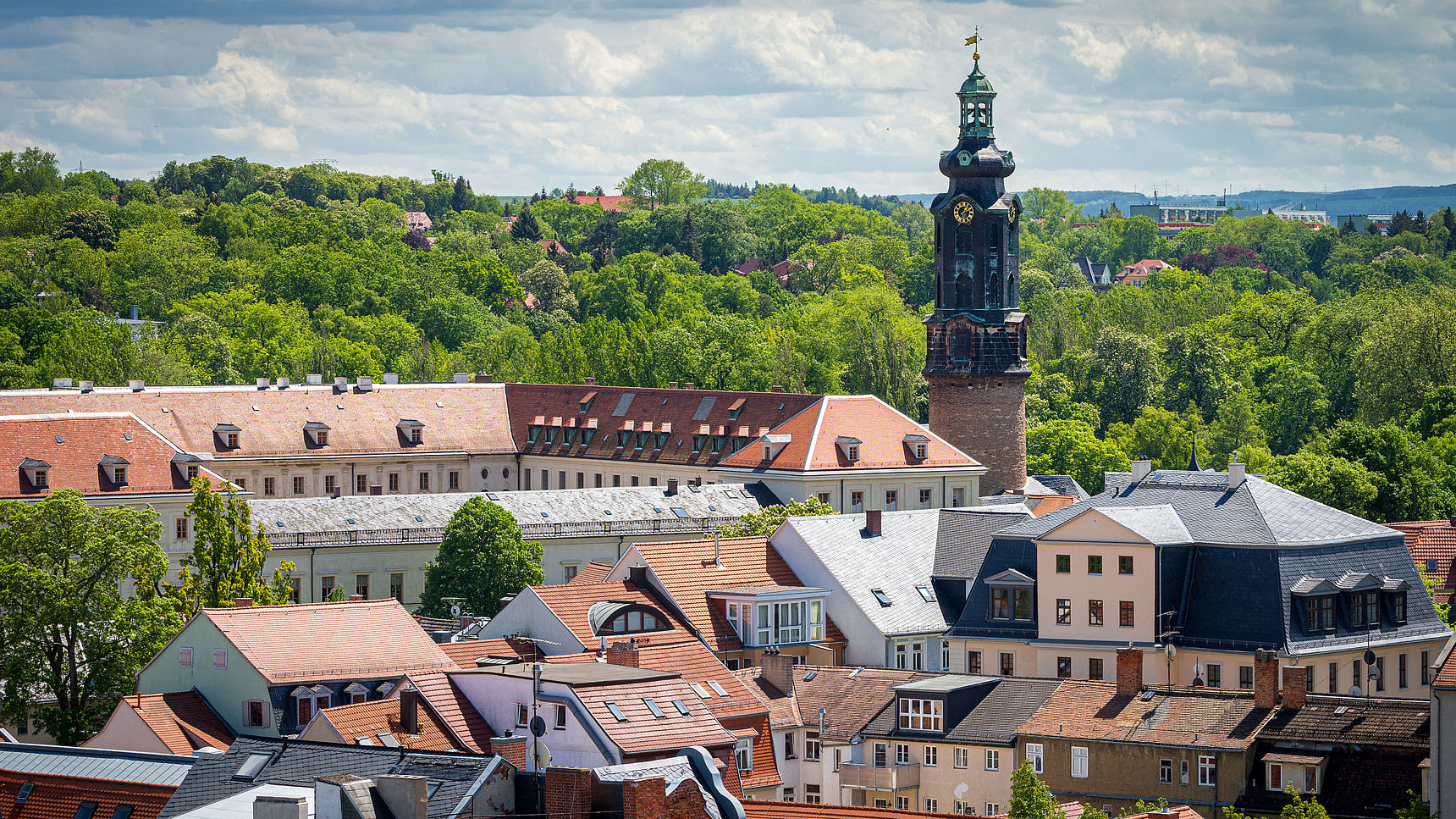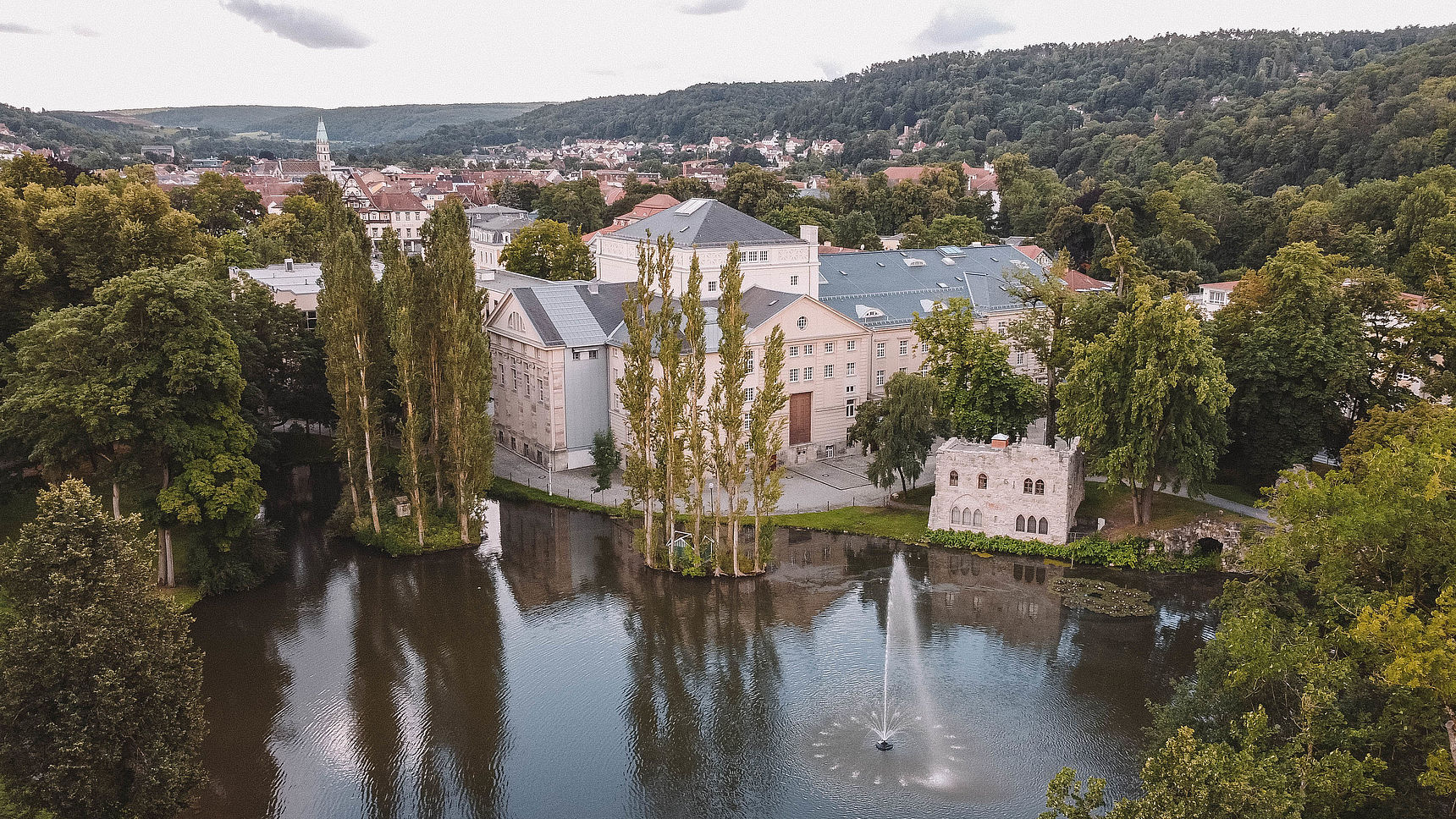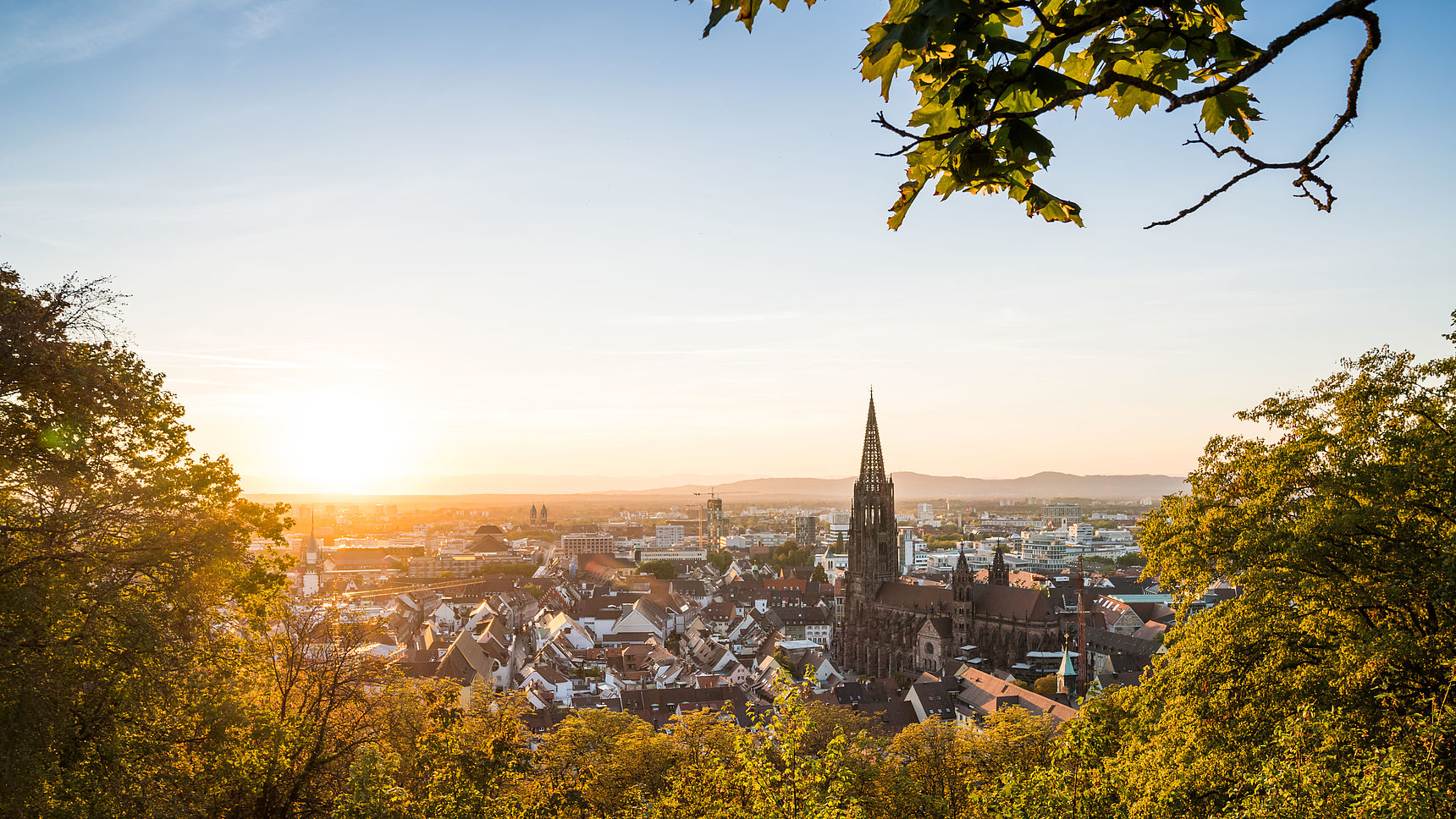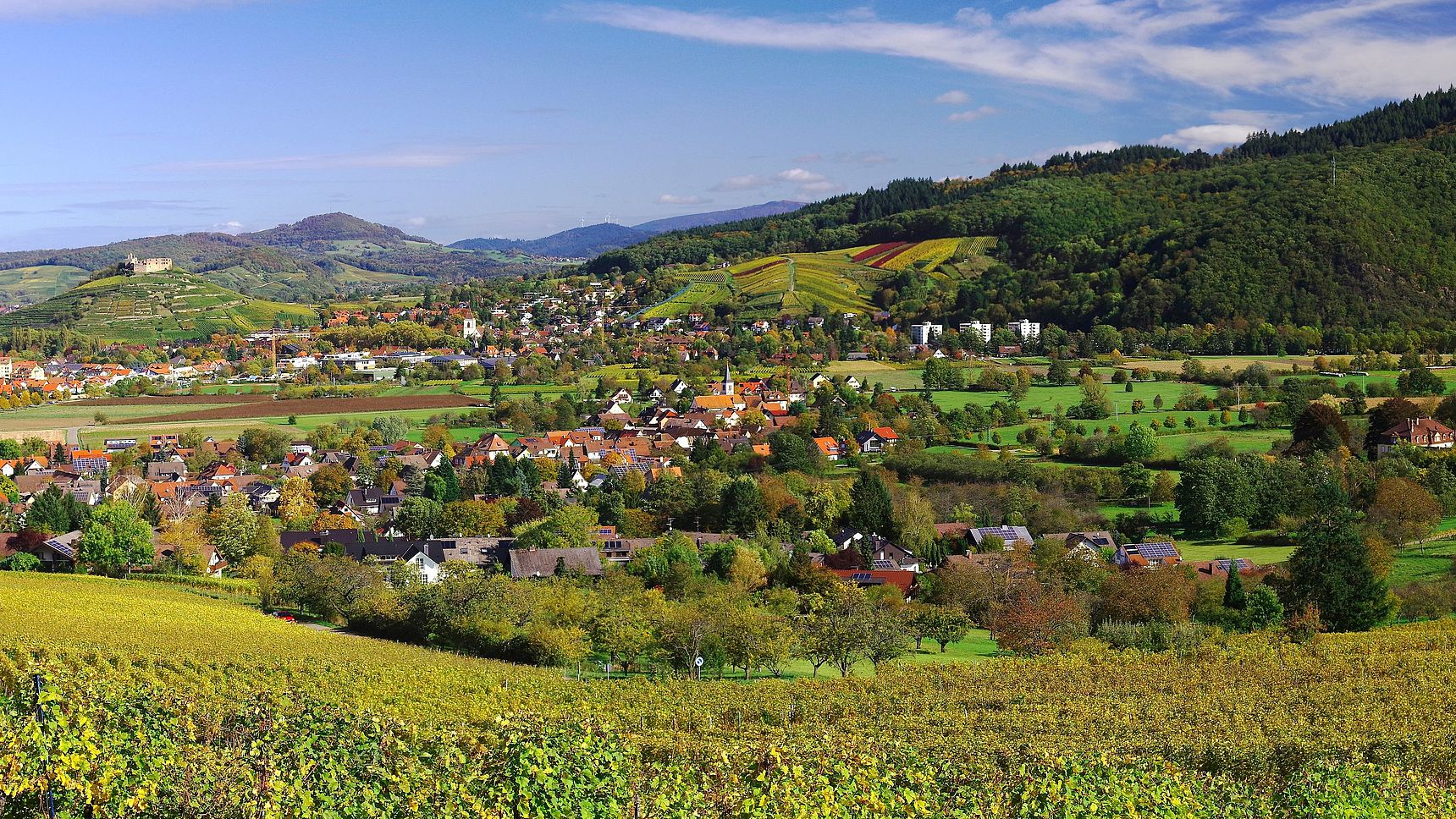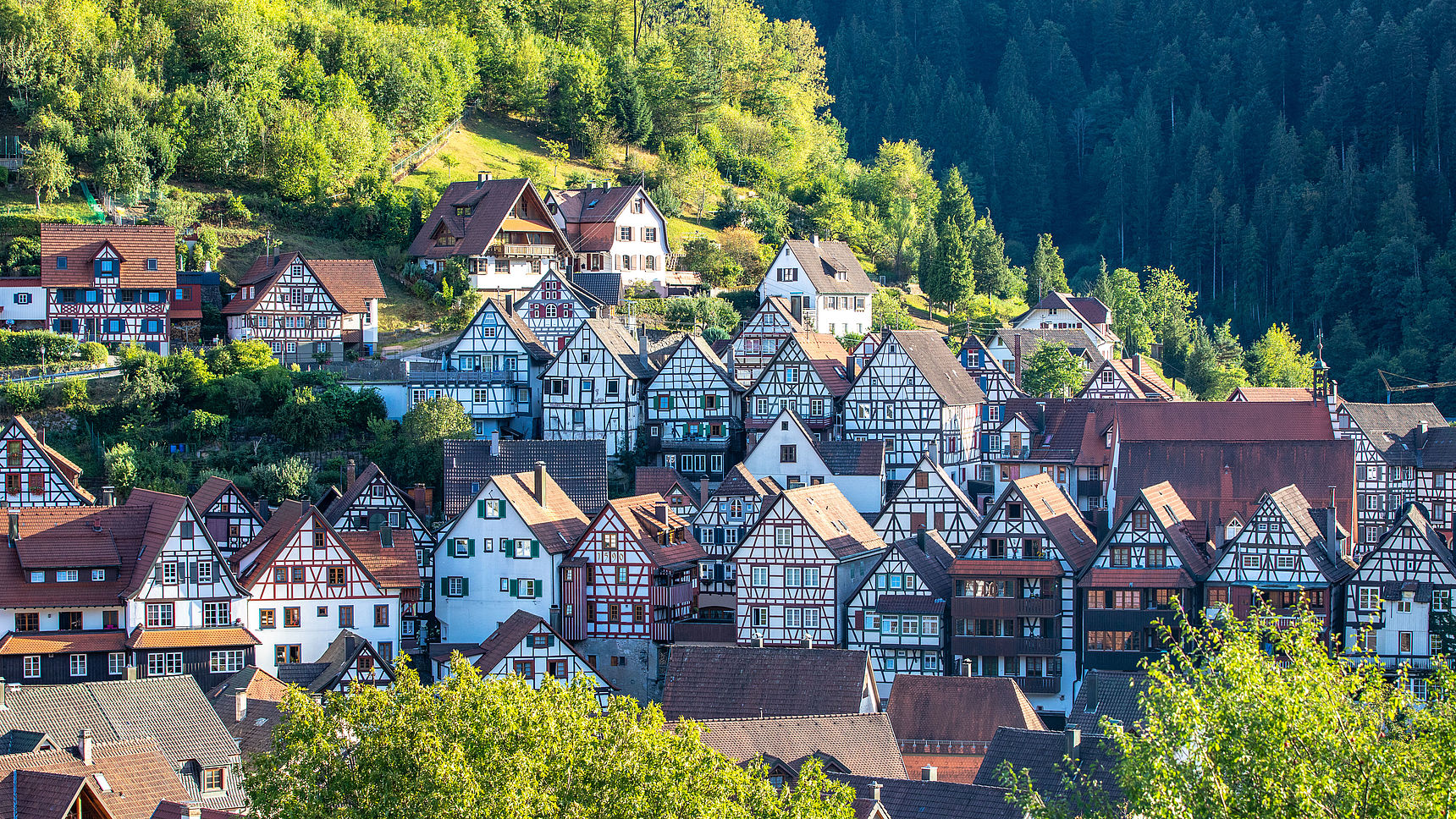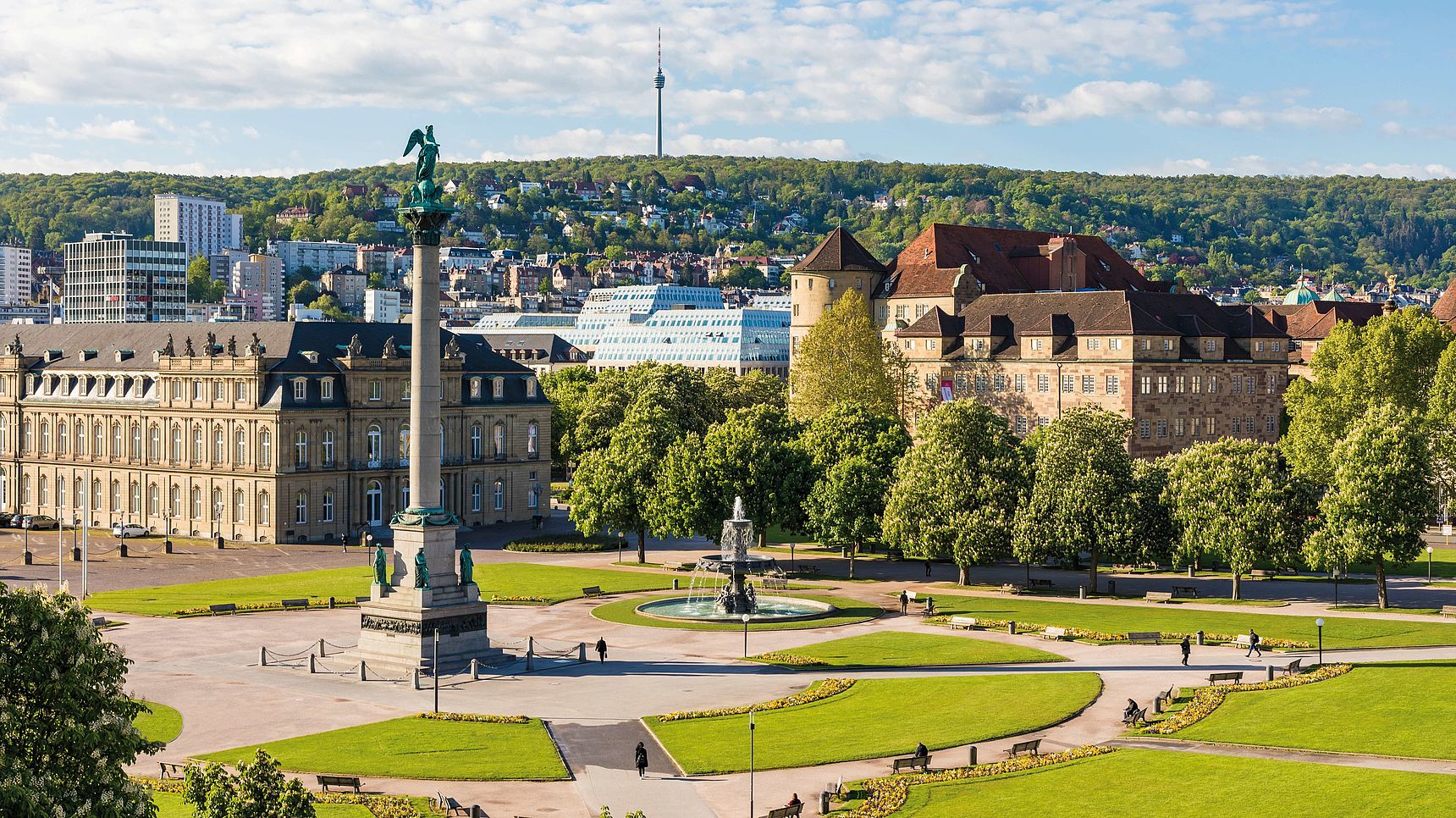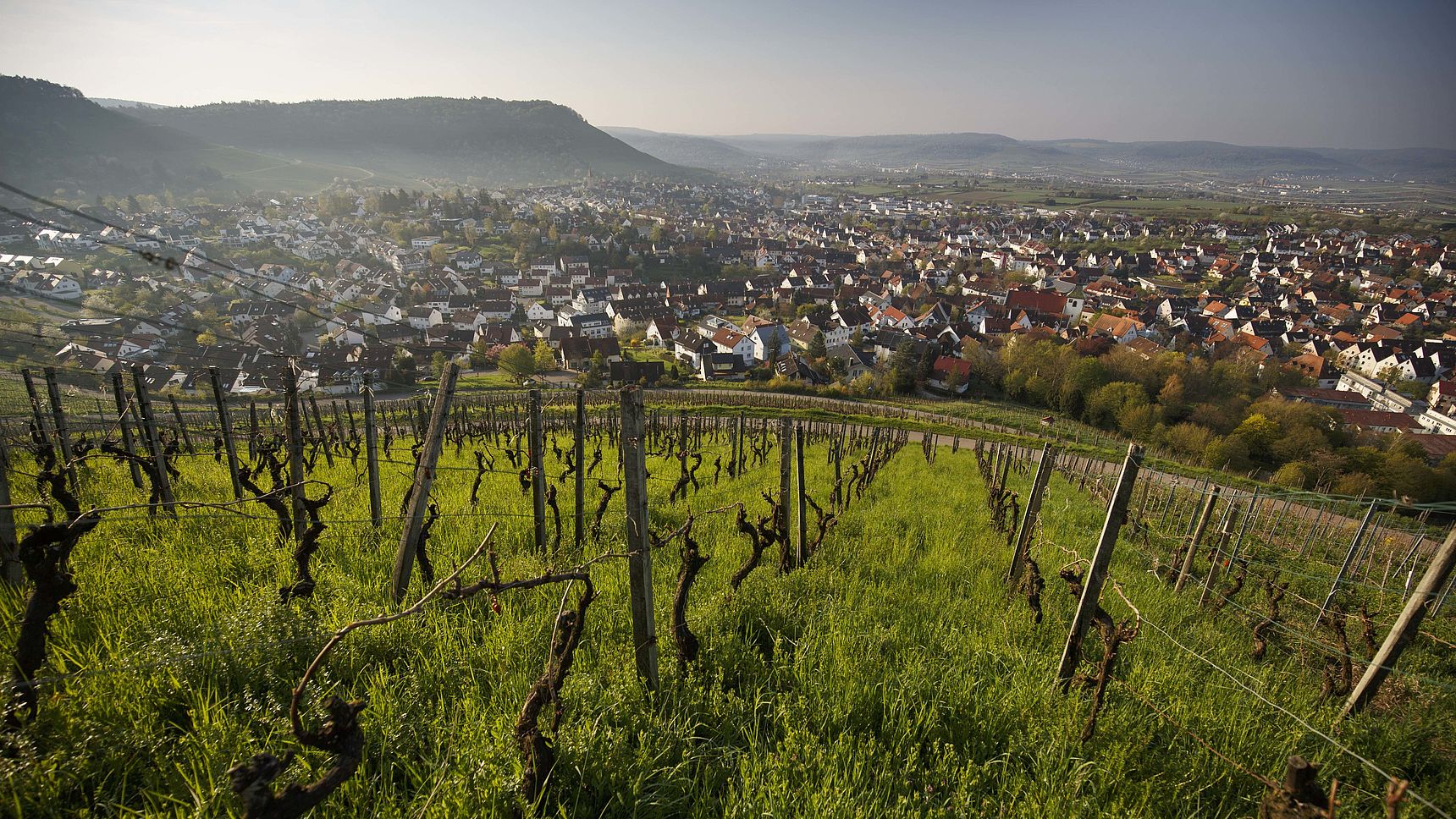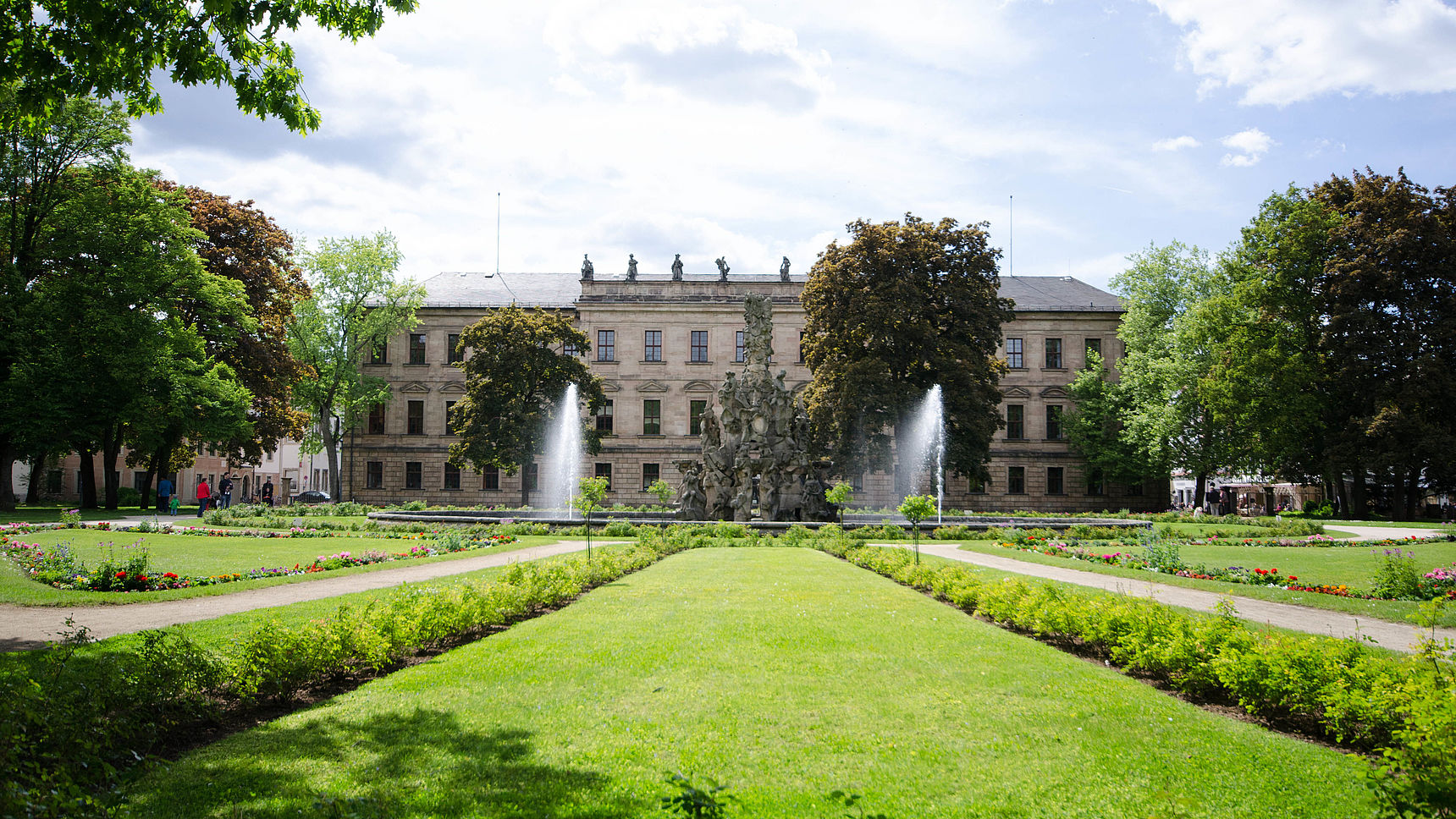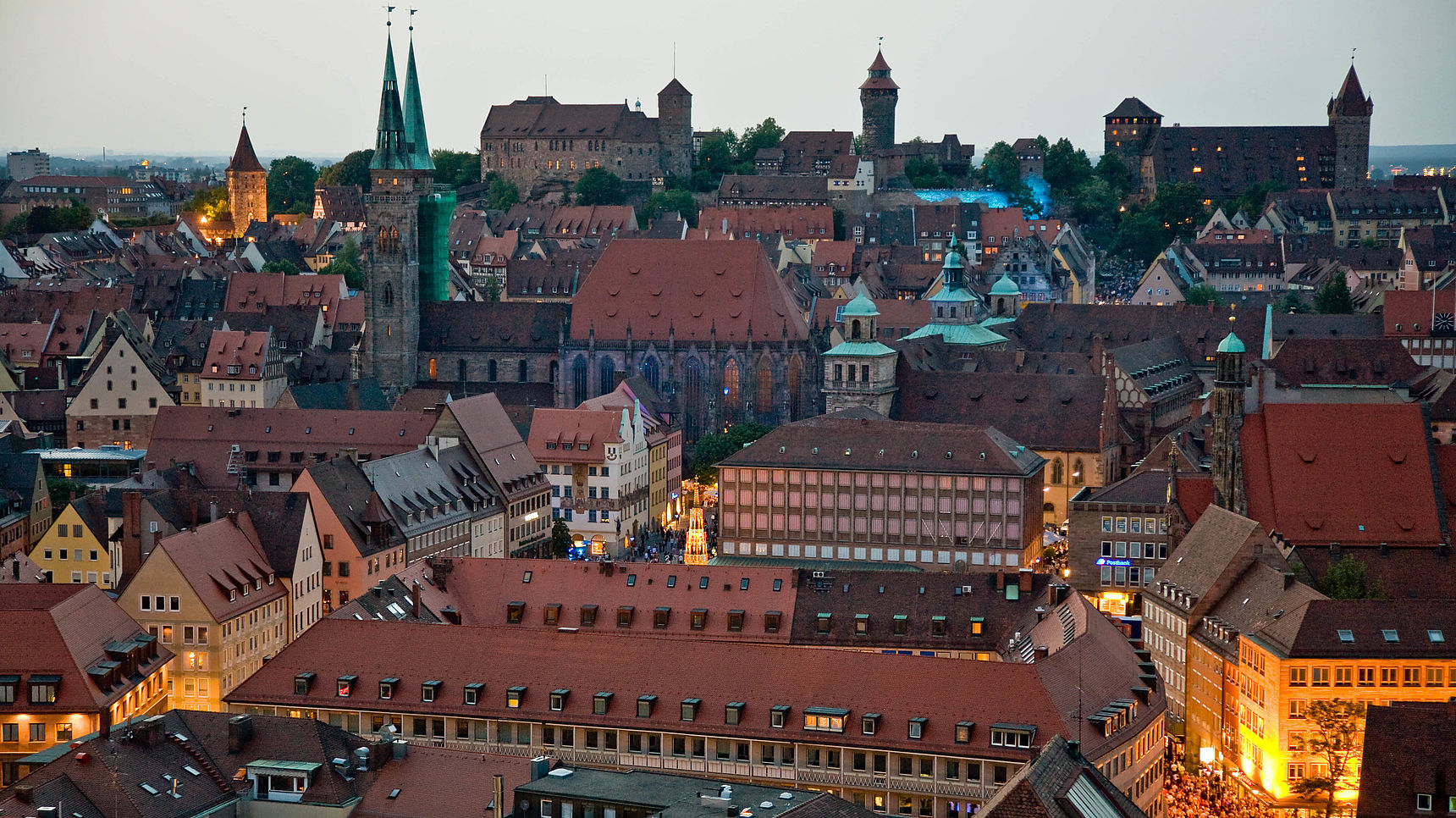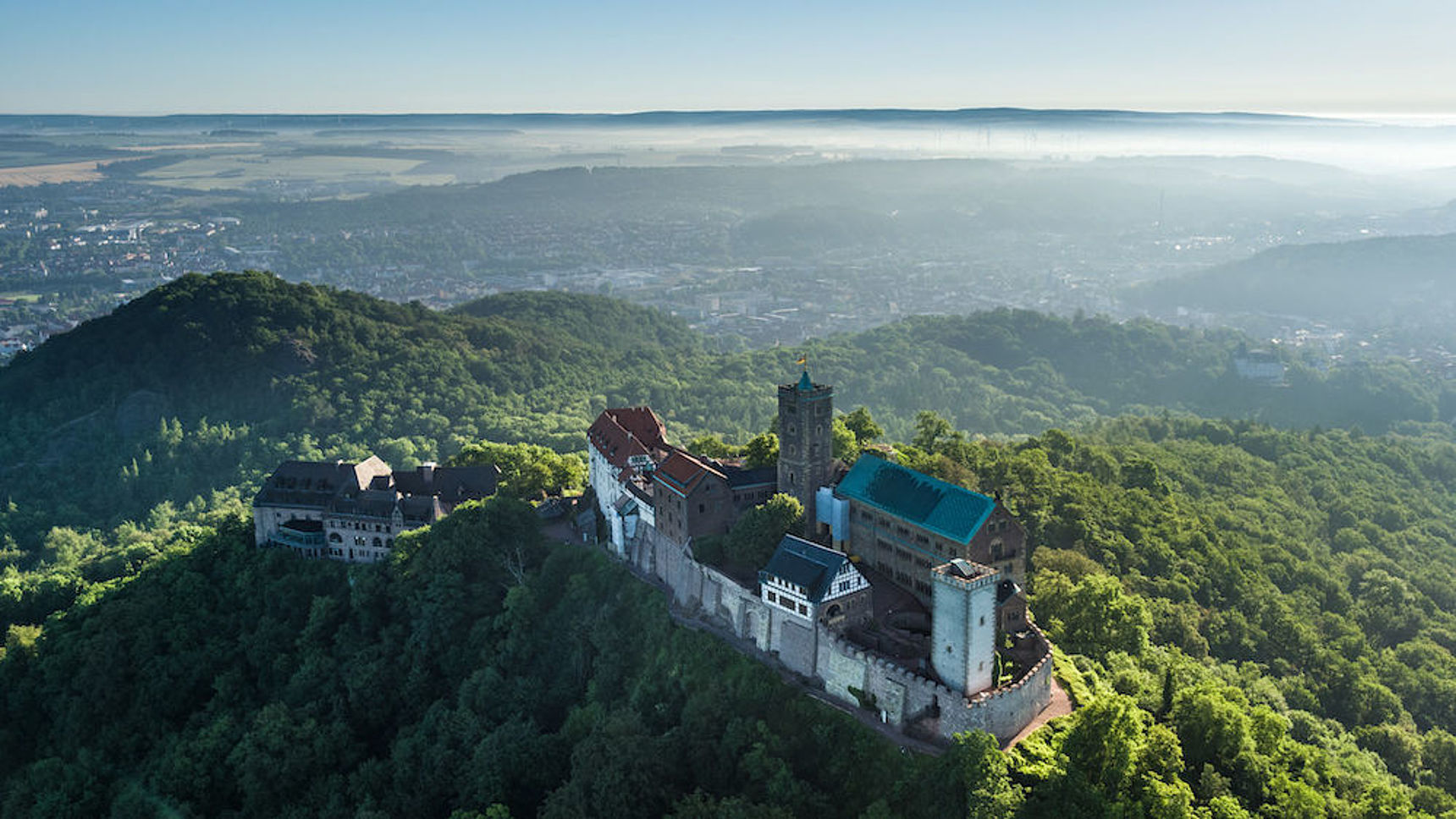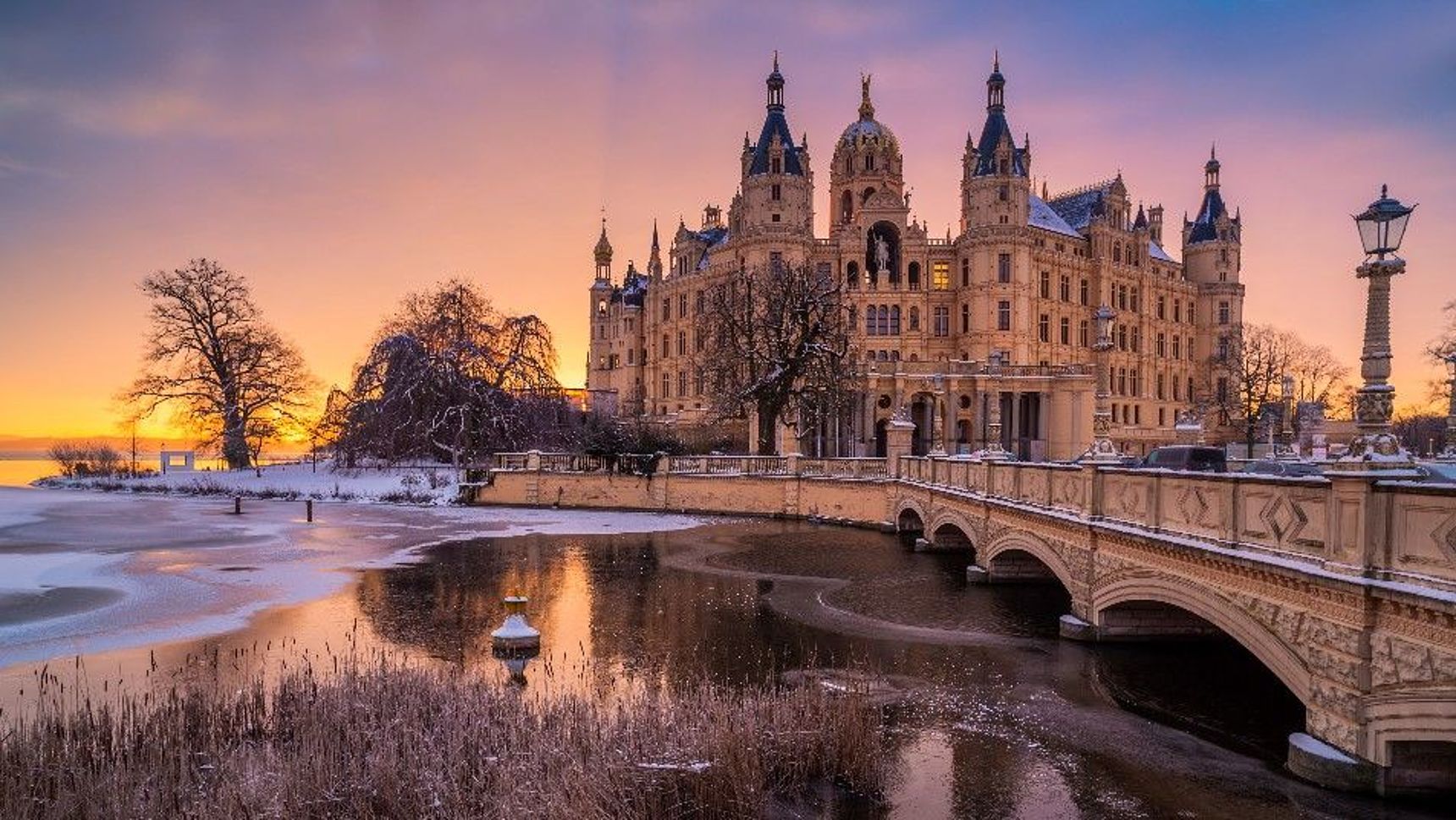The city's outstanding role as an intellectual centre in the 18th, 19th and early 20th centuries directly shapes the cityscape with its buildings and parklands. The small tranquil town on the Ilm was the centre and origin of great cultural and intellectual events.
Hardly any guest of the city can really escape the "myth of Weimar", that fascination of five centuries.
Cranach, Bach, Goethe, Schiller, Herder and Wieland wrote cultural history here - poets, artists and musicians struggled for supreme mastery.
But Weimar's beautiful side cannot be mentioned without also speaking of it´s other side - that side through which Weimar gained a sad notoriety in the 20th century:
84 years ago, the Buchenwald concentration camp was also built here in this city, which was supposed to stand for Germany's democratic history with the name of the "Weimar Republic".
If you look north out of the city, you can see the large tower that reminds and admonishes you of this history of Weimar from afar.
Today, in addition to its ambivalent history, Weimar is known for its cosmopolitanism, its vibrant city centre and numerous large and small events that attract not only Weimar residents but also many guests.
And last but not least, Weimar is also a sports town, with over 10,000 people in Weimar registered and organised in sports clubs. Whether junior or senior, amateur or professional athlete - the fascination of movement unites everyone.
Time and again, Weimar is the venue for major sporting events. Most recently in 2019, for example, when the 100th anniversary of the Bauhaus Marathon took place here with around 2,500 participants. In the summer of 2021, the Tour of Germany visited Weimar in stages. In 2022, it will stay for two days. The tour will start here and will be an ambassador for Weimar and the region at the same time.
The city welcomes all participants and guests with a warm "SALVE"!
Situated between the Rhön Mountains and the Thuringian Forest in the Werra Valley, Meiningen is the city pearl of southern Thuringia. Surrounded by forests with a variety of hiking and cycling trails, the town impresses with its sophisticated classicist architecture, unique natural monuments, significant cultural history and a modern, multifaceted city life.
Meiningen gained international fame in the second half of the 19th century. George II, Duke of Saxe-Meiningen, revolutionised the theatre world. He implemented his own artistic ideas in the Meiningen Court Theatre after taking office in 1866. The Duke became the first real director in theatre history and his groundbreaking ideas continue to influence directing to this day. The fame of the theatre duke is still tangible today in the pretty Thuringian town. In the theatre museum, the exhibition "Magic World of the Set" shows impressive stage sets from the ducal theatre era. In the imposing baroque Elisabethenburg Palace, the living quarters of George II can be visited. The old court theatre burned down in 1908, and the following year the Meiningen State Theatre was opened on the same site. To this day, the renowned theatre is a Mecca for theatre fans from all over Germany and presents productions of the highest standard, from opera to drama to ballet.
Meiningen has given a home to many famous personalities such as Jean Paul, Johannes Brahms, Ludwig Bechstein or Max Reger in its tradition-steeped history and is still home to a small, fine artistic scene with singers, actors, sculptors and painters.
The impressive cultural programme counts more than 1,000 events and festivals per year. The annual series of events such as "GrasGrün", the "Meininger Kleinkunsttage", the "Frühlingslese" and the Thuringian "Märchen- und Sagenfest" (Fairy Tale and Legend Festival) are known far beyond the state's borders and are supported by top-class national and international artists of the respective genres.
Artists, thinkers, writers and musicians have left their mark on the town's history over the centuries. Today Meiningen is also a special attraction for technology freaks and railway enthusiasts. Their enthusiasm is for the Deutsche Bahn steam locomotive works. The last major repair plant for steam locomotives in Western Europe has developed into a centre of excellence for historic rail vehicles. Customers from all over the world commission repairs, and steam locomotives are also rebuilt.
In addition to international attractions such as the steam locomotive works, the state theatre, Elisabethenburg Castle and the Goetz Cave, Europe's largest accessible fissure and crevice cave, Meiningen's unique character is characterised by two spacious landscape parks, the pale ditches that flow around the town centre in the shape of a harp, and architectural gems. These include Büchner's Hinterhaus, a 350-year-old half-timbered building with a richly decorated façade, Henneberger Haus and Fronveste - once a prison, now a hotel with a beautiful view over the town.
The Meiningen districts of Dreißigacker, Herpf, Henneberg, Stepfershausen, Walldorf, Wallbach, Einödhausen, Unterharles and Träbes complete Meiningen's townscape with a variety of cycling and hiking trails and excursion destinations. Small castles, castle ruins, lovingly restored half-timbered houses and show mines invite you to get to know Meiningen and its surrounding area.
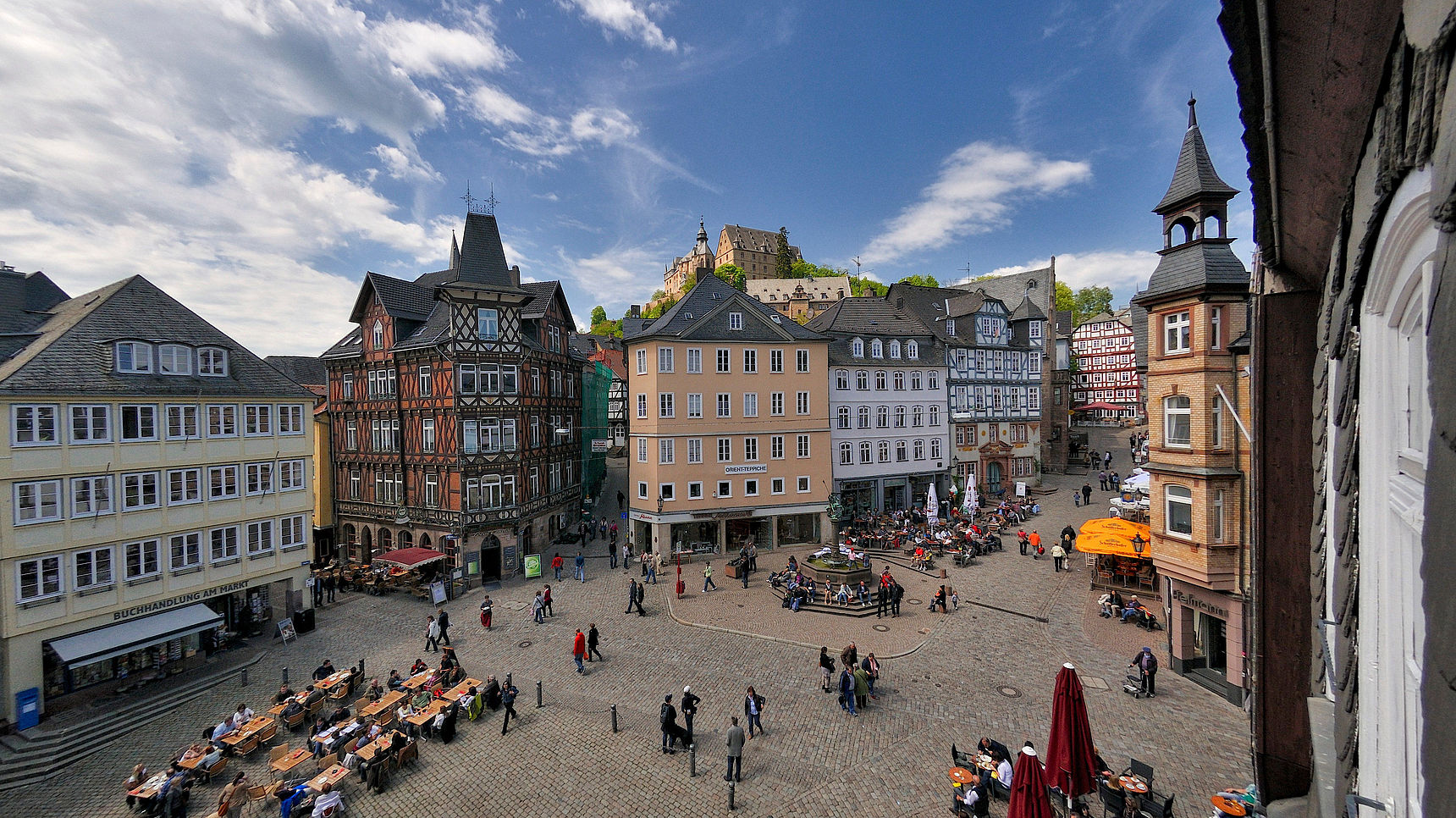
History, culture and science are not just slogans in Marburg, here they are lived and experienced. The open-minded university town delights students, conference guests and visitors from all over the world with its unique ambience, high-quality cultural offerings and versatile event venues. Even from afar, the view of the imposing castle with its 1000-year architectural history is impressive. From the Elisabethkirche in the valley, the ensemble of exemplary renovated half-timbered houses and time-honoured churches, traditional cafés and student pubs as well as shopping facilities in attractive business premises stretches up the slope. The expansion of the new university campus and municipal facilities in ultra-modern, architecturally sophisticated buildings make for a successful future-oriented addition to the tradition-rich city centre.
In 2022, the university city will celebrate its 800th city anniversary together with the Deutschland Tour and host the finish of the second stage on 26 August. In 2019, it was already one of six stage locations of the Deutschland Tour - as the finish of the second stage.
Spoiled by the sun and full of joie de vivre - this is how Freiburg welcomes its guests. Great thinkers such as Heidegger, Husserl and Eucken have worked in this traditional university town with its winding streets and idyllic courtyards. Freiburg is a historic city with over 900 years of history, but not a city of yesterday. Today it presents itself as a first-class science location in Germany. And not only because the bicycle is one of the most popular means of transport, Freiburg also enjoys an excellent reputation as a sports city. Golf courses, sports and tennis facilities, the thermal baths, hiking trails, an extensive network of cycle paths - in one of the greenest cities in Germany, active visitors have numerous opportunities to explore the city and the region.
The Schauinsland is Freiburg's local mountain. Whenever clouds and fog dominate the city, Freiburg residents like to head for the top. The Schauinsland cable car takes you up the mountain. At an altitude of over 1,200 metres, you can enjoy a fantastic panorama that stretches all the way to the Alps.
Freiburg's most beautiful sights include the Minster with its world-famous 116-metre tower, the "Historic Department Store" and the two city gates "Martinstor" and "Schwabentor". The historic city centre is also the vibrant centre of today's Freiburg, and its extensive pedestrian zone with numerous shops, boutiques and arcades makes strolling and shopping a real pleasure. On the Münsterplatz, a large and colourful weekly market takes place every weekday morning.
You can't imagine Freiburg without the famous "Bächle". They run through the city centre over a total length of 9 kilometres and are now a popular tourist attraction. But be careful - according to legend, anyone who accidentally steps in must marry a Freiburg citizen.
